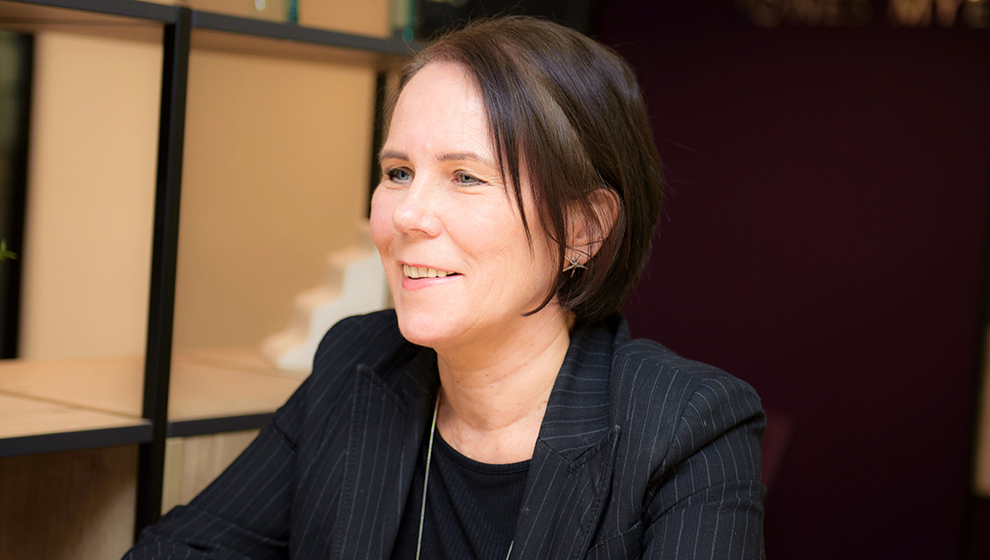Empowering Couples through Family Law - Meet Nicki Mitchell, Partner at Jones Myers.
Matrimonial financial disputes concerning high-value assets are often more complex and challenging. What types of assets are considered in high-value disputes?
Assets vary from case to case.
In higher-value cases, gaining a full understanding of the asset base is often a challenge. Wealthy couples frequently structure their wealth in a tax-efficient way, often using complex company structures. Understanding and valuing these structures takes time, expertise, and specialist advice - for example, from forensic accountants, property valuers, etc.
Trusts, also a common feature of high-value divorces, require understanding complicated documentation and gathering evidence on how they operate and what distributions have been made to whom. Property and investments held offshore and overseas also require specialist knowledge and often liaison with professionals in other jurisdictions.
What are the challenges concerning high-value assets in matrimonial financial disputes?
Having high-value assets does not necessarily mean that achieving a fair settlement is complicated. However, it is not always straightforward identifying how one can be achieved where the financial structure is more complex. Often, particularly where the couple have children, the wealth is generated primarily by one of the couple (typically but not always the husband) whilst the other has prioritised caring responsibilities. Courts are reluctant to kill the goose that lays the golden egg so selling a company is often not the outcome. Specialist advice is often required to tax efficiently extract cash from a corporate structure to meet the family’s needs and achieve fairness.
What role does mediation play in resolving high-value family law disputes?
Just because a case is high value does not mean it has to be decided by a Judge. There are many alternative processes which enable couples to retain control over their own destiny. Divorce law requires a fair financial settlement which meets needs. Who is better placed a) to understand those circumstances; and b) to determine fairness - a Judge or the people who have accrued the wealth and understand those circumstances better than anyone?
Divorce’s ripple effect causes uncertainty and distress for the couple, their friends, family, and, most importantly, their children.
It is a fact that, whilst children can live quite happily between separated parents, they are damaged by parental conflict. The court process is adversarial - sitting opposite your ex in a court room and hearing their lawyers pull your case apart can inevitably increase bad feeling between you. It is almost impossible to protect your children from the emotional impact.
To do it differently, couples need the right lawyers who can put together a team of professionals to provide the right support. A skilled Lawyer Mediator will provide guidance on what professional input is required to value assets and advise, in a neutral way, on valuation and technical issues. Having their lawyers present in the hybrid mediation process helps the couple to confidently understand the advice and their options. The mediator manages the process and the negotiation.
Alternatively, the couple can instruct their own collaboratively trained lawyers who put that team together and conduct the negotiations.
These processes provide a safe, impartial and confidential environment in which couples are supported to make lifelong decisions. Ideally the team should include a qualified divorce coach, working together or individually with the couple, helping them navigate their enormous challenge.
Their involvement can save cost. Lawyers are expensive and not trained to provide the emotional and practical support so many separating couples so badly need.
If both parties agree to mediation, what happens next?
Mediation involves a trained, impartial mediator like me guiding both parties through confidential and voluntary discussions. Family mediators are neutral – while they cannot give advice, they can provide really useful legal information about how legal processes work and available options. At the outset the couple sign an ‘Agreement to Mediate’ to enable negotiations to continue on a ‘without prejudice’ basis. Agreed arrangements can be approved on paper by a Judge and made legally binding. The process can be completed in as many or as few meetings required to reach agreement.
What is child inclusive mediation, how does this work and what are the benefits?
Relationship breakdowns can be devastating for children who are understandably anxious about what lies ahead for them. Child-inclusive mediation can enable parents to put children’s wellbeing at the heart of their breakup by working together and communicating about their children’s needs to help pave a way forward.
A child-inclusive mediator will firstly see both separating parents whose permission is required for the mediator to meet with their children on their own. Once parents have consented, the mediator will make initial contact with the children to explain what the conversation would involve and ask them if they would like to do it.
During one meeting with the mediator, the children can express their feelings about their parents break up. They are not asked to make choices or decisions about their personal situations and, although they can ask the mediator to relay what they have said to their parents, they are under no obligation to do so. It is really important that everybody involved enters into CIM with the right intention and are prepared for what might come out of it.
The process usually involves children aged 10 or over. Younger children can be involved with their older siblings however it is understandably not appropriate for tiny children.
What are the benefits of child-inclusive mediation?
Divorce can have long-term effects on children’s mental and physical well-being. Child-inclusive mediation promotes a spirit of cooperation and communication between separating parents to work together in their children’s best interests. My experience of the benefits reflect extensive research findings which re-enforce how children benefit from talking with, and expressing their feelings to, an impartial mediator - even if they do not want anything they said passed back to their parents.
Studies also confirm how children who have had their voices heard in this way tend to have better mental health outcomes as young adults compared to their peers who have experienced parental separation but have not gone through this process.
ABOUT:
A Partner at Jones Myers, I am a Collaborative Family Lawyer, Family Law Mediator and Child Inclusive Mediator with extensive experience in family law.
I specialise in the financial aspects of relationship breakdown, particularly complex cases involving family businesses, multiple properties, and complicated pension arrangements. I believe strongly in finding the right way for couples to work out the terms of their separation. My skill set offers clients wide-ranging options, including an innovative and integrated approach to mediation, which can bring together various processes and professionals to find a bespoke process.
My practice includes collaboration with professionals on a regional, national and international level. Jones Myers is a multi-award winning niche family law firm whose reputation is recognised nationally and internationally. Retaining top rankings in legal guides for almost three decades, the firm’s specialist lawyers include an in-house counsel. Supporting separating couples to keep out of court using processes including mediation, child inclusive mediation and collaborative family law, the practice is also highly experienced and confident when litigation is necessary.
Applauded as an ‘exceptional’ family lawyer’ (Legal 500 2024 UK) and ‘very experienced and ADR focused’ (Chambers 2024 Guide)
Contact Nicki
Email: nicki.mitchell@jonesmyers.co.uk
Tel 00 44 1904 202553
www.jonesmyers.co.uk

Published by: www.lawyer-monthly.com


















